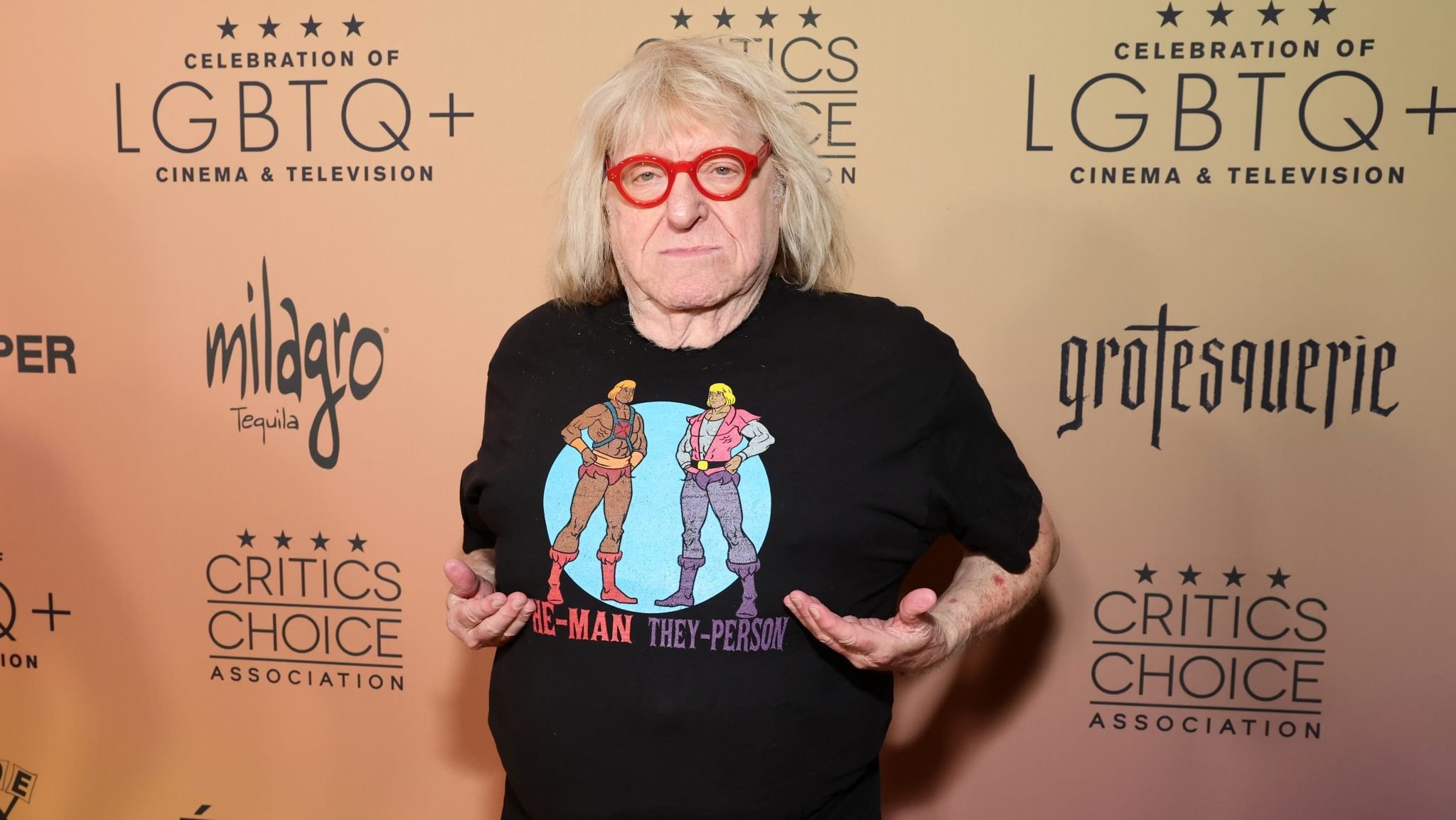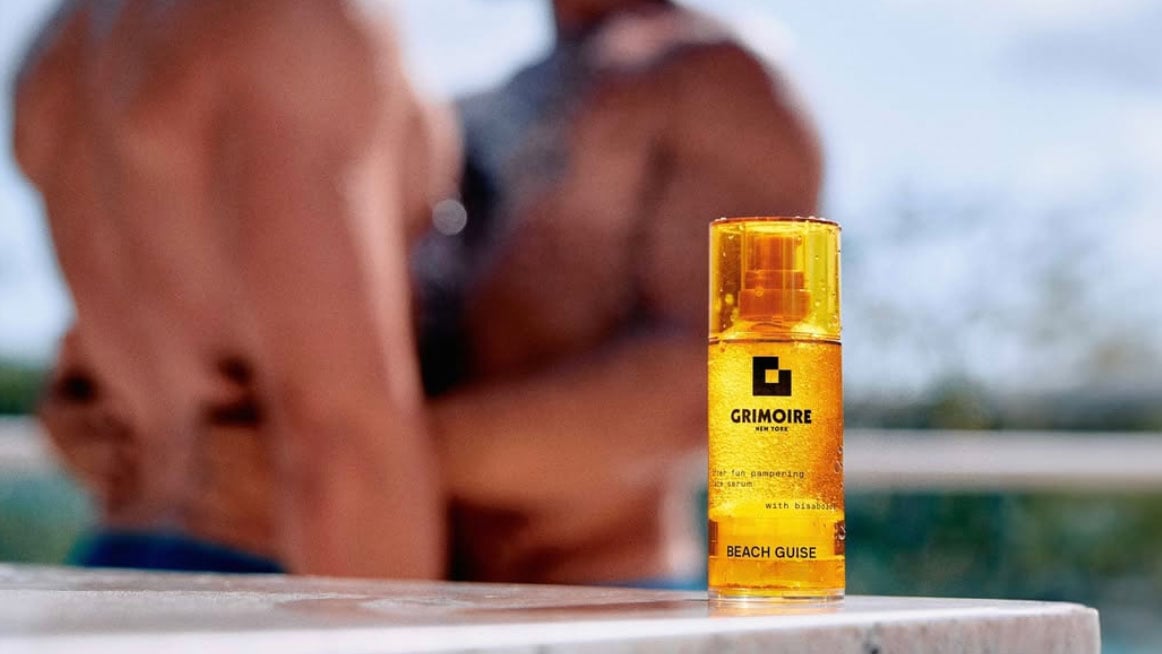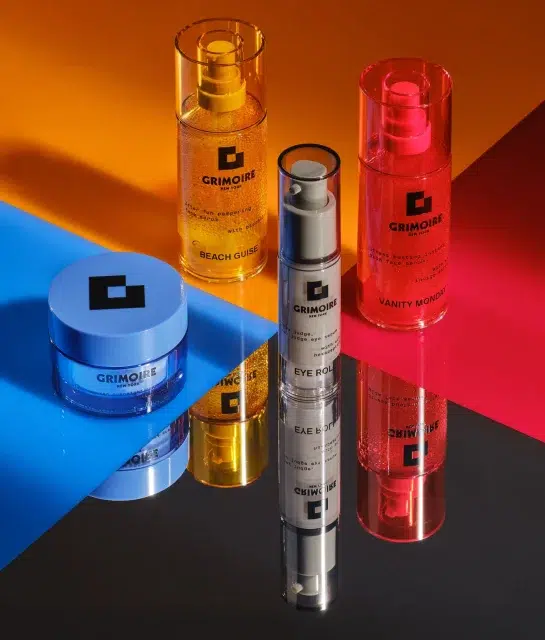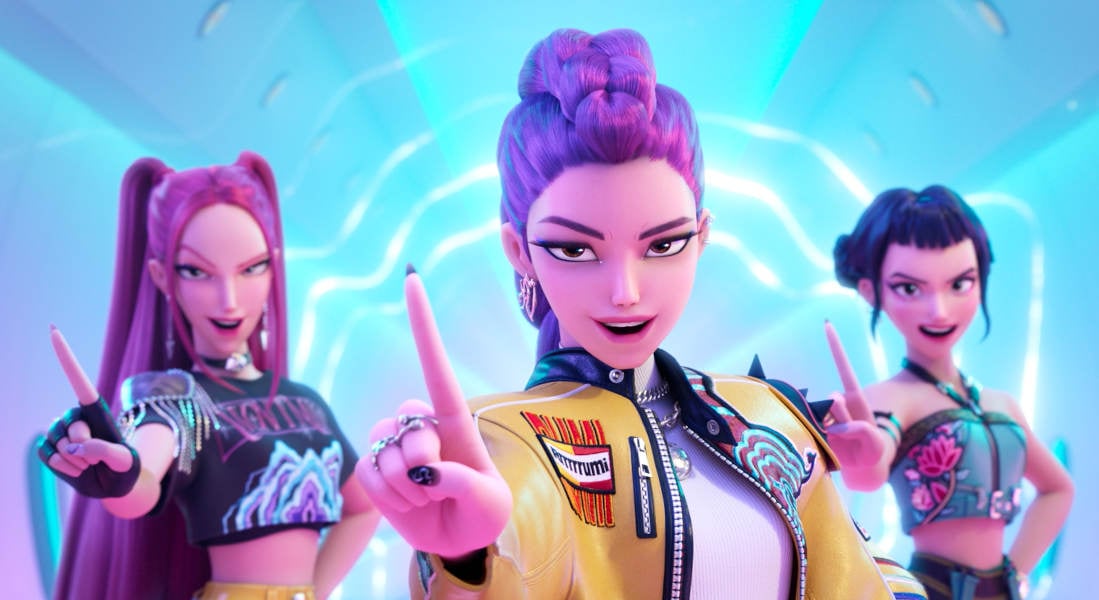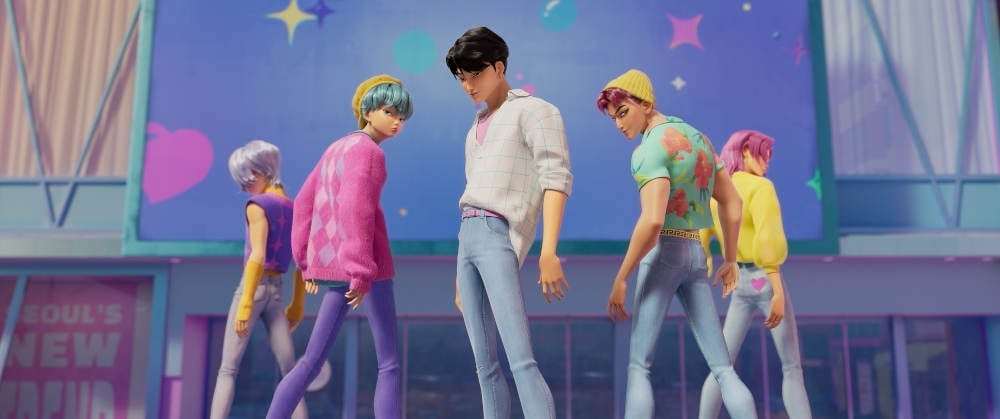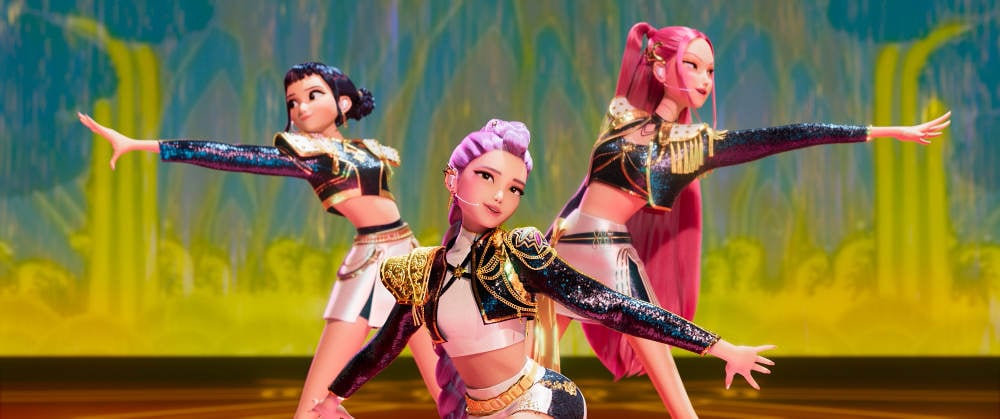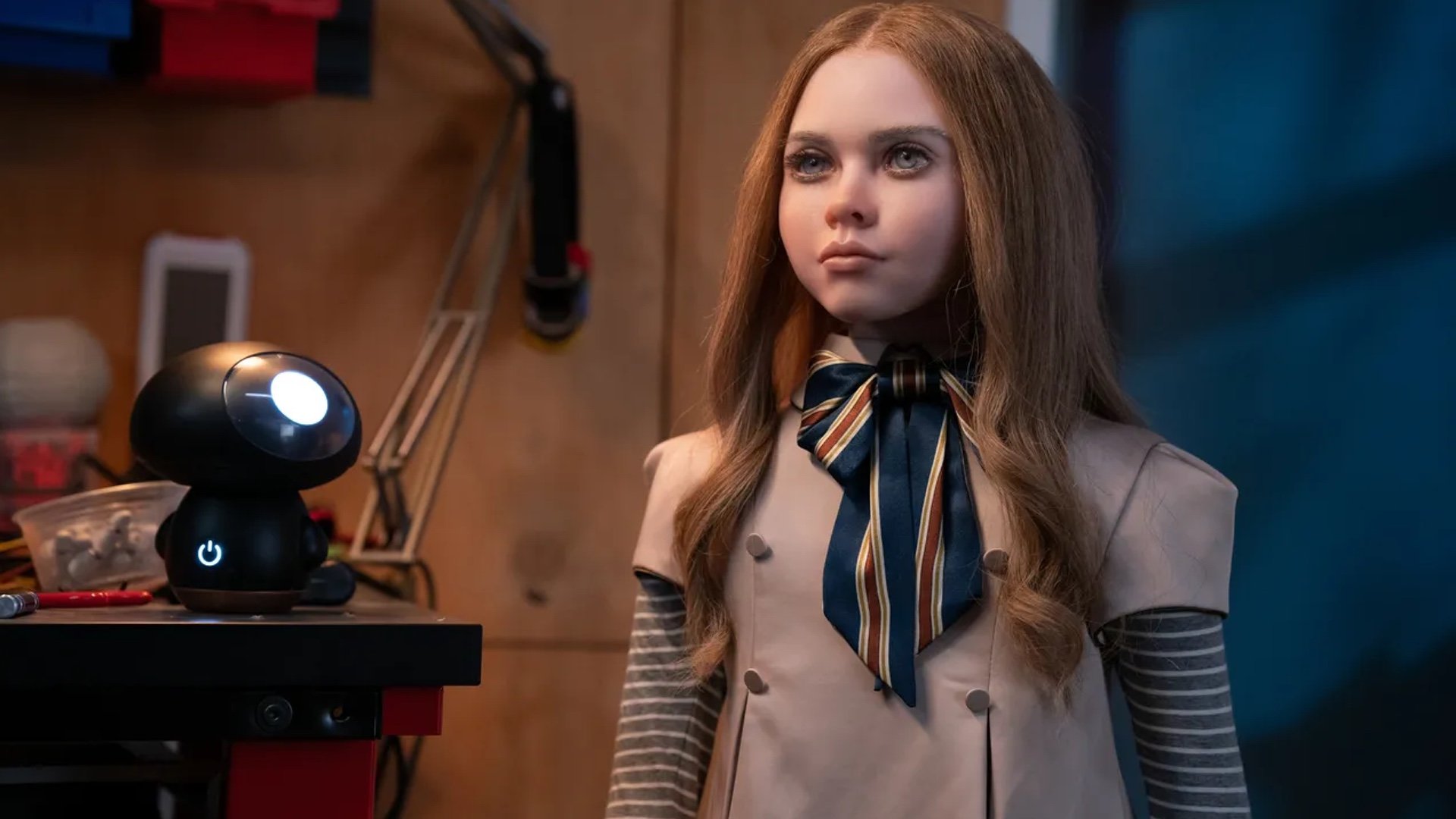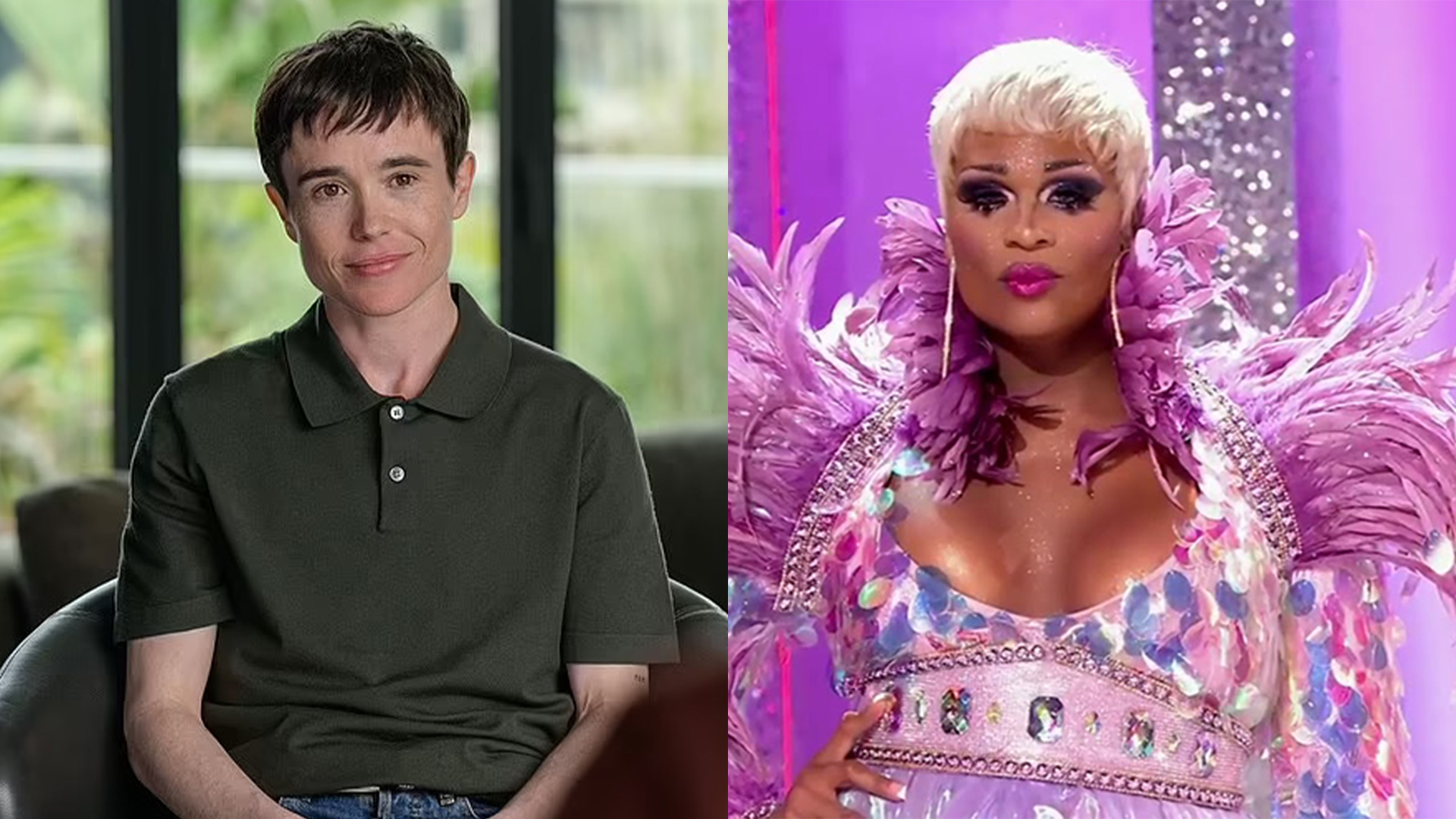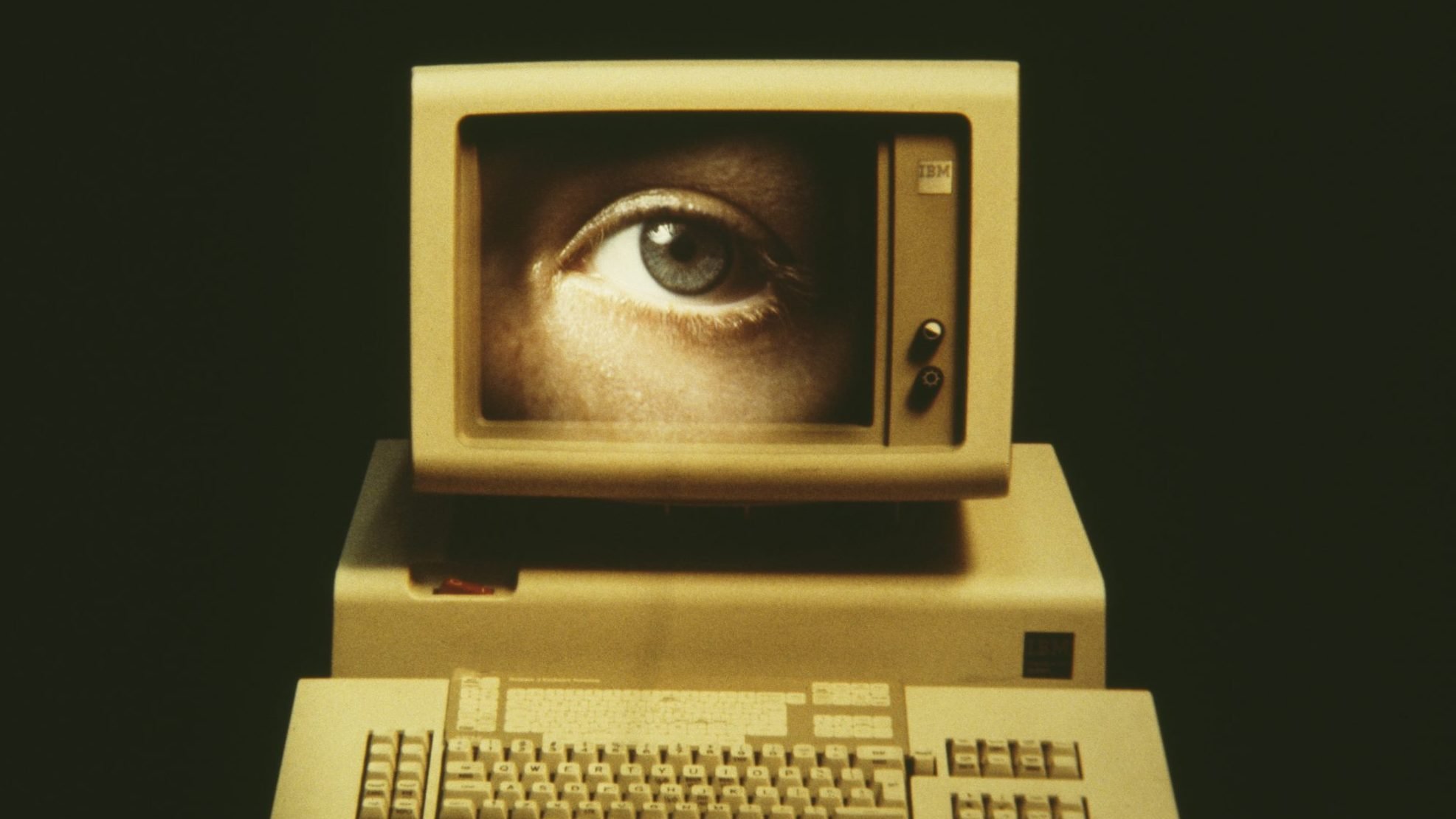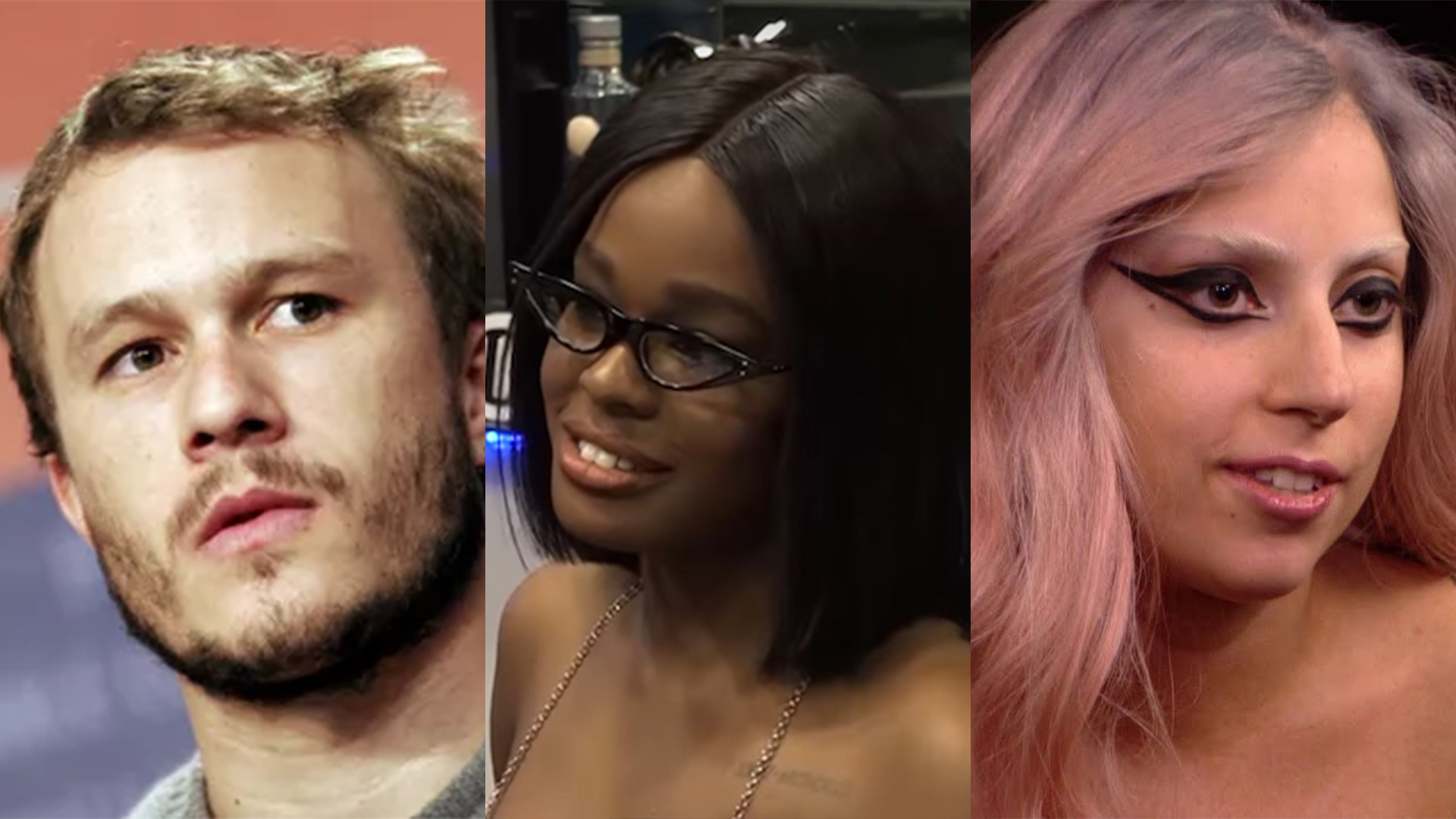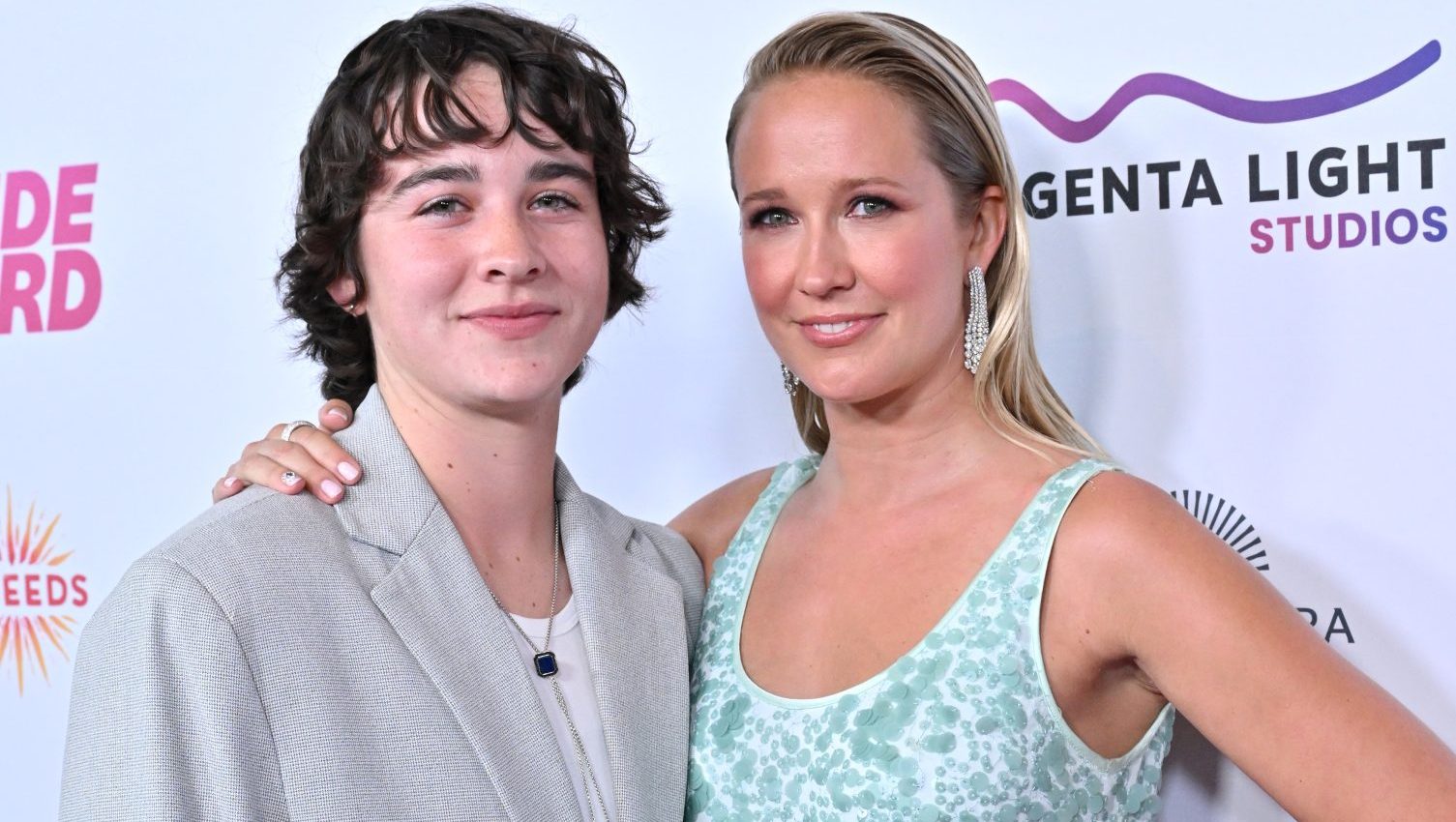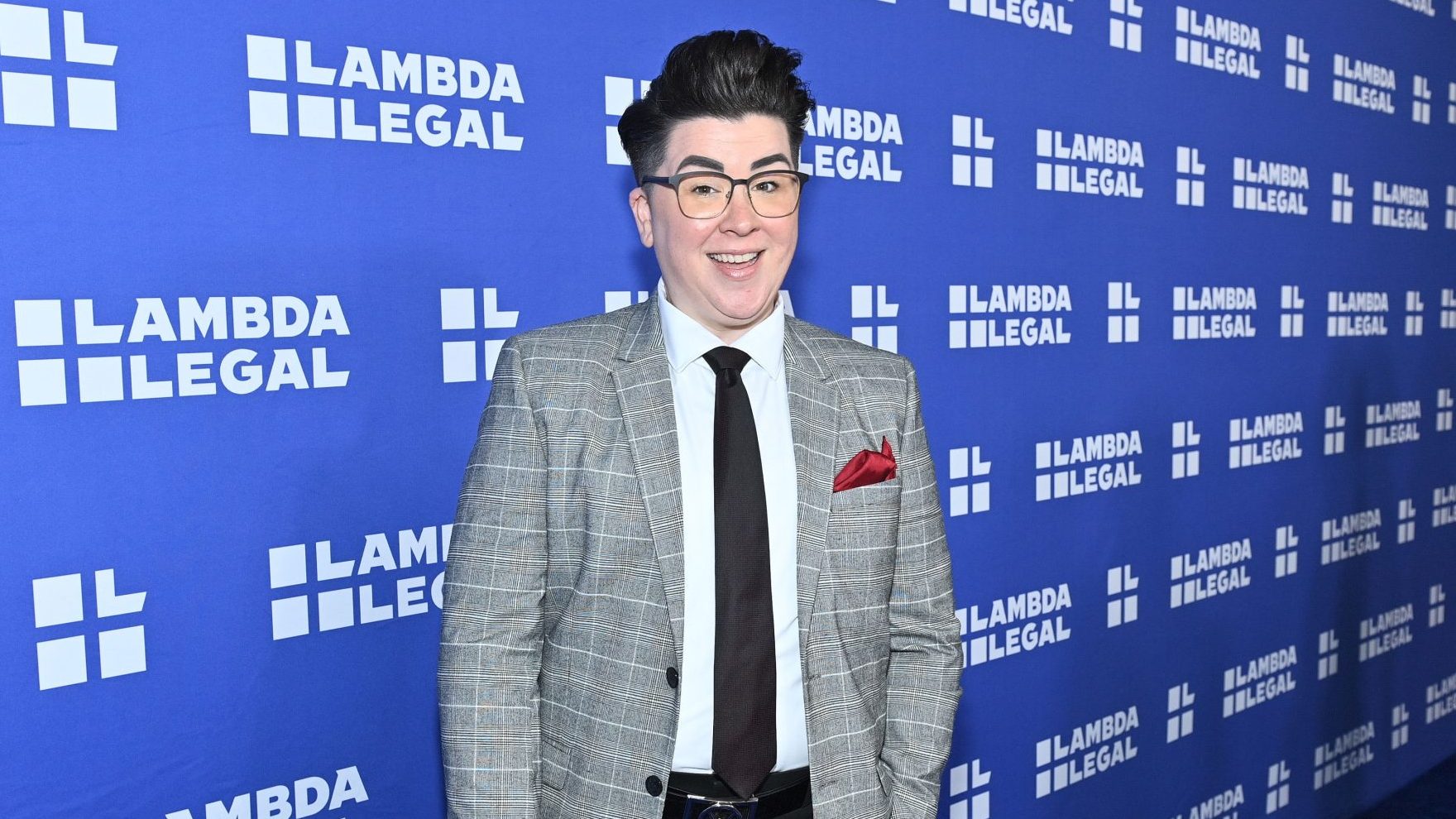Legendary comedy writer, performer, and longtime LGBTQ+ advocate Bruce Vilanch was honored by the Gay Men’s Chorus of Los Angeles (GMCLA) over the weekend, in a moving tribute that celebrated his decades-long commitment to queer visibility, humor, and resilience.
The event, which took place at a packed Los Angeles venue during Pride Month, recognized Vilanch’s unwavering voice in Hollywood and his work as a trailblazer who brought LGBTQ+ perspectives to mainstream entertainment long before it was widely accepted.
Alongside the comedian, Tristan Shukraft, a technology entrepreneur, turned hotelier nightlife aficionado and producer, was honored for the civic voice award for his efforts in the LGBTQ community.
Taking the stage with characteristic wit and warmth, Vilanch delivered a hilarious and heartfelt speech that touched on his career, his personal journey, and the enduring impact of the LGBTQ+ rights movement.
“Just when I came onstage and heard the applause, I thought, ‘Jesus, who am I? Bette Midler?’” Vilanch quipped at the start of his speech, drawing laughter from the crowd. “It’s quite fabulous, what can I say.”
He quickly pivoted from comedy to reflection, sharing stories from his early days in Hollywood in the 1970s, where he often found himself in writer’s rooms full of homophobia, sexism, and a general discomfort with difference.
“I came out here in 1975,” he said. “I worked in rooms full of writers who didn’t like gay people, didn’t like women, and didn’t think who were funny. Fortunately, they thought Jews were funny.”
Vilanch, who has written for everyone from Bette Midler to Dolly Parton and was a head writer for the Oscars for years, used his speech to highlight the role visibility plays in social change. He recounted a poignant moment from early in his career when he decided he would no longer hide his identity.
“To prevent being erased, I identified as early as I could as a gay person,” he said. “If they couldn’t handle it, they couldn’t handle it. But it’s very easy to hate in the abstract. When you put a human face on it, it becomes a lot harder.”
The honor from the Gay Men’s Chorus of Los Angeles held special meaning for Vilanch, who noted that the organization was founded in 1976—just a year after he moved to Los Angeles. “They’ve been here almost as long as I have,” he joked, before turning serious.
“This organization was out there saying, ‘We are gay, we are singing, and we are proud.’ And that was a profound statement in 1976,” Vilanch said, growing emotional. “It took a great deal of bravery—social, political, personal.”
The GMCLA, one of the oldest and largest LGBTQ+ choruses in the world, has been a cultural and activist force for nearly five decades, using music to fight discrimination and spread acceptance. Vilanch praised the organization for its visibility and impact.
“To be honored by them, for my visibility, when I consider their visibility—it touches me in a way that’s very hard to express without breaking down,” he said. “But as I’m fond of saying, I break down all the time, like an old Buick.”
Vilanch also reflected on the evolution of queer identity in media, speaking of public figures like Paul Lynde and Charles Nelson Reilly, who never came out despite being beloved by the public.
“People liked them, but they didn’t want to think they were gay,” Vilanch said. “Gay was the guy who committed suicide in the last reel of a movie. Gay was the guy who was too tormented to live a normal life. That was the public perception.”
He recalled his own mother saying, “I don’t care that you’re gay. I just don’t want you to be lonely,” a sentiment that underscored the cultural stigma of the time.
From working on variety shows in the 1970s to watching the rise of the AIDS crisis, the fight for marriage equality, and the ongoing battle against anti-LGBTQ+ legislation, Vilanch has remained an outspoken voice for equality. His words served as both a celebration and a call to action.
“When they come after our rights, we all have to be on our game,” he reminded the audience. “We’ve come so far, but we’ve still got work to do.”
The evening concluded with a powerful performance by the chorus and a standing ovation for Vilanch, who left the stage with one final quip: “Thank you for letting me be visible—and occasionally fabulous.”
For the LGBTQ+ community and allies in attendance, the night was a powerful reminder of the importance of being seen, being proud, and never backing down.


